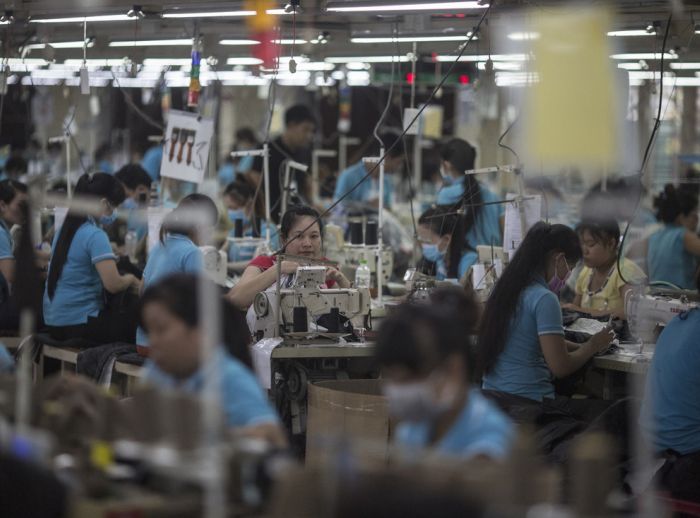- 2 mins read time
- Published: 28th January 2020
The global corporate tax system: Why should developing countries pay the price?
It’s impossible to tackle global poverty and inequality while corporate tax avoidance continues to drain vital revenue from low-income countries. While Ireland has gone some way to address the issue, the reforms haven’t gone far enough. There is clear and growing evidence that the State is still facilitating large-scale tax avoidance, with Oxfam’s recent Off the Hook report providing evidence of high levels of unusual payments which indicate corporate tax avoidance.

Corporate tax avoidance undermines efforts to tackle global poverty. The UN estimates that developing countries lose around $100 billion due to corporate tax avoidance every year, depriving them of vital revenue for services like health and education that lift people out of poverty. What’s also becoming clear is how tax avoidance and evasion negatively affect women’s rights and are detrimental to closing the gender inequality gap.
Efforts to reform the global tax system are now taking place at the Organisation for Economic Co-operation and Development (OECD) – these reforms are essential to finance the UN’s Sustainable Development Goals to create a better and more sustainable future for everyone. With corporate tax essential for raising revenue in developing countries, Ireland needs to engage with the OECD’s reform process and ensure that the world’s poorest countries no longer have to pay the price for an outdated global tax system.
Oxfam Ireland is calling on the next government to:
- Support the reform of corporate income tax to rebalance tax rights between developed and developing countries.
- Agree a global minimum effective tax rate at a fair level.
- Ensure that all multinational companies (MNCs) are more transparent in how they operate and report on their activities at an EU level.
- Review and reform Ireland’s Double Taxation Treaties – an agreement between two countries that reduces the tax bill for someone who is resident of one country but has citizenship in another. The agreement aims to prevent the taxpayer from paying tax to both countries.




